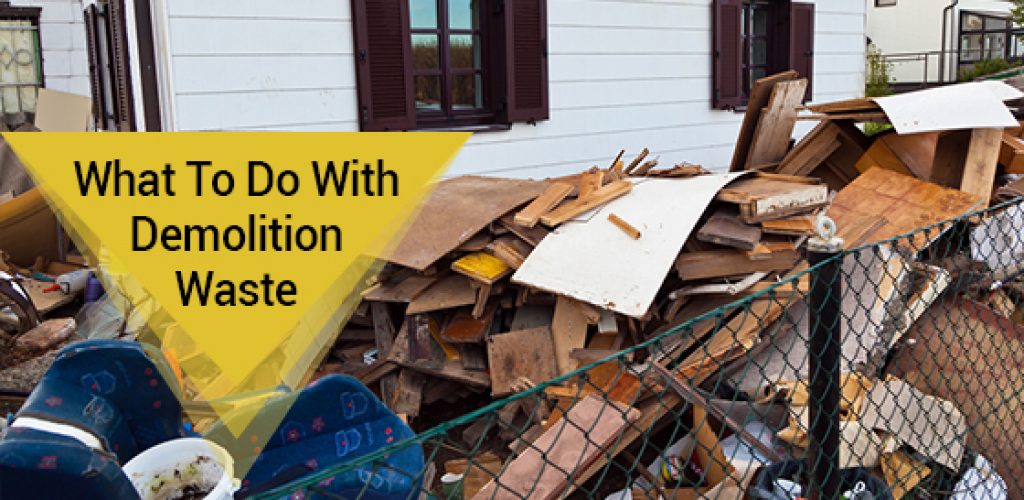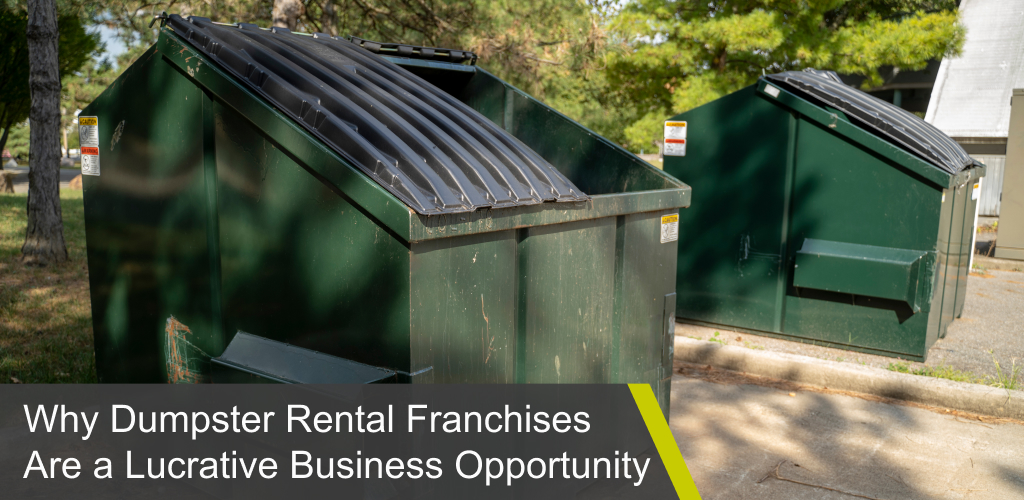What Should I do With Demolition Waste?

Construction or renovation and demolition work can create a lot of waste and debris that could be dangerous to human health and the environment. If you’re wondering what to do with the waste piling up from your home renovation project, you may want to look at the following options.
Metal waste
- Recycle pipes, plumbing fittings, electrical equipment, steel beams and studs, metal fencing, and hardware
- Recycle all steel parts
- Check online for scrap-metal dealers or metal recycling sites in your area
Wood
- Recycle wood scraps by mixing them with other materials to make a particleboard, decking, furniture, or medium-density fiberboard
- Recycle cabinetry, columns, mantels, siding, lumber, wainscoting, stairs, molding, and trim
- Check online for wood recycling sites in your area
Drywall
- Donate half-size or larger leftovers to Habitat for Humanity chapters that accept unused dry walls
- Recycle used scraps – can be ground into new drywall, used as filler in wall cavities, or used to make cement, cat litter, animal bedding, and grease-absorbing products for mechanics shops
- Check online for gypsum drywall recycling spots in your area
Carpet
- You can recycle carpets and carpet padding at a cost, depending on its weight
- You can use recycled carpet to make composite lumber, backer board, railroad tires, shingles, carpet cushion, tile, and stepping stones
- Natural infrastructure for recycling carpet can be hard to find, so you may need to ask your carpet installer or dealer for suggestions, in addition to checking online for recycling options in your area
Concrete and Asphalt
- You can recycle asphalt shingles into a hot asphalt mix or temporary roads, while ground-up concrete can be used as a base for new roads and buildings
- Check online for nearby concrete and asphalt recycling sites
Intact Items
- Other demolition waste that is in good condition, like doors, windows, taps, toilets, electrical equipment, and bathtubs can be donated to for-profit or nonprofit reuse centres.
- You may also want to check with your local solid-waste utility or search online for recycling sites for the different items in your area
Final Note
Demolition waste is an inevitable part of your construction or renovation project, but you can reduce the waste by:
- Requesting suppliers to deliver products with minimal packaging
- Returning any unused materials to the supplier
- Recycling any materials that are likely to create more waste
- Trying to use materials from the demolition (like fittings, timber, fixtures, etc.)
- Setting up clearly marked recycle bins on the job site for each material and instructing your contractors/subcontractors to use them
Regulated wastes – that cannot be recovered for reuse or recycle – should be taken to a permitted landfill for proper disposal, as well as hazardous waste (anything with lead paint) and asbestos-containing material.













